I am not sure if I am using the dictionary or the data object or both incorrectly. I m trying to get used to the switch to swift but I'm having a little trouble.
var dictionaryExample : [String:AnyObject] =
["user":"UserName",
"pass":"password",
"token":"0123456789",
"image":0] // image should be either NSData or empty
let dataExample : NSData = dictionaryExample as NSData
I need the NSDictionary to encode to an NSData object as well as taking that NSData object and decode it into a NSDictionary.
Any help is greatly appreciated, thanks.
